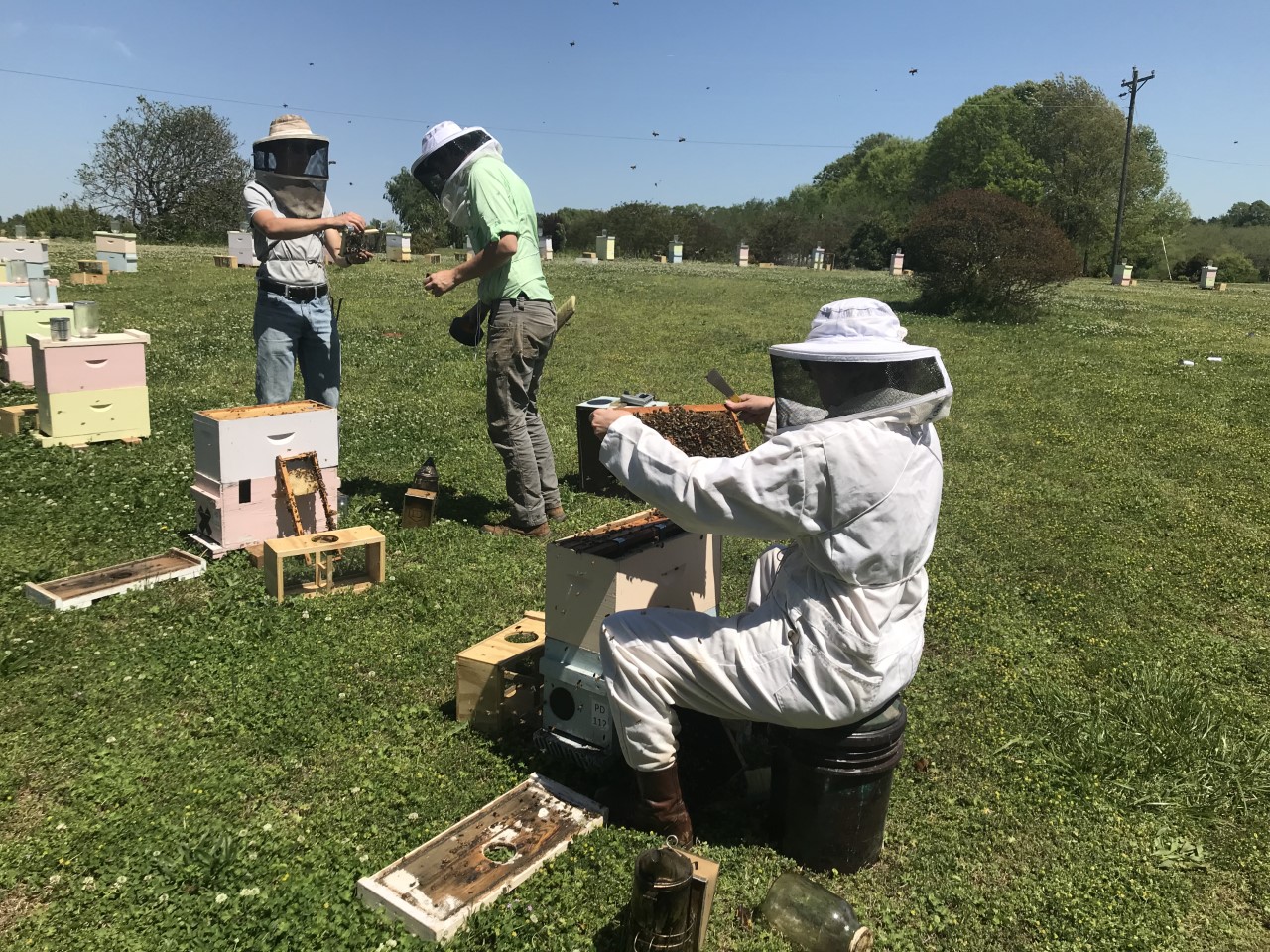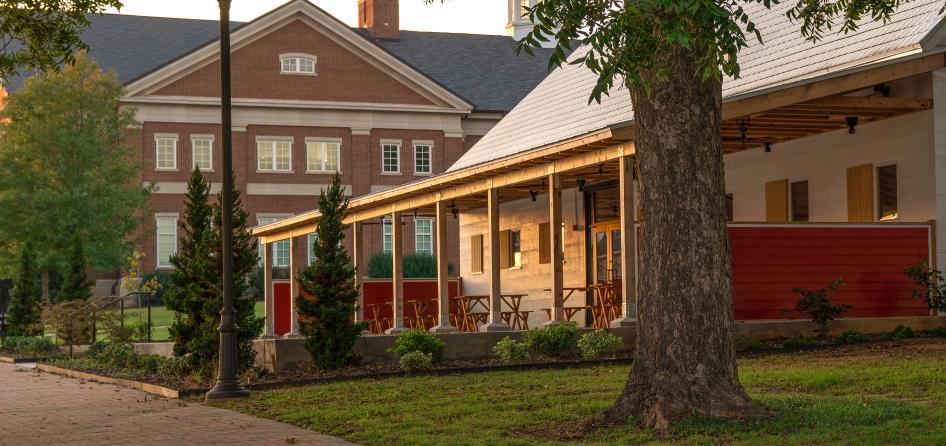 CAES News
CAES News
Dean selected to lead UGA’s Griffin campus
Jeffrey F.D. Dean, a distinguished scholar and academic leader whose interdisciplinary research focuses on forestry, plant biology and biochemistry, has been named assistant provost and director of the University of Georgia’s Griffin campus, effective Jan. 1, 2023. In this role, he will oversee all research, extension and academic programs at UGA-Griffin.

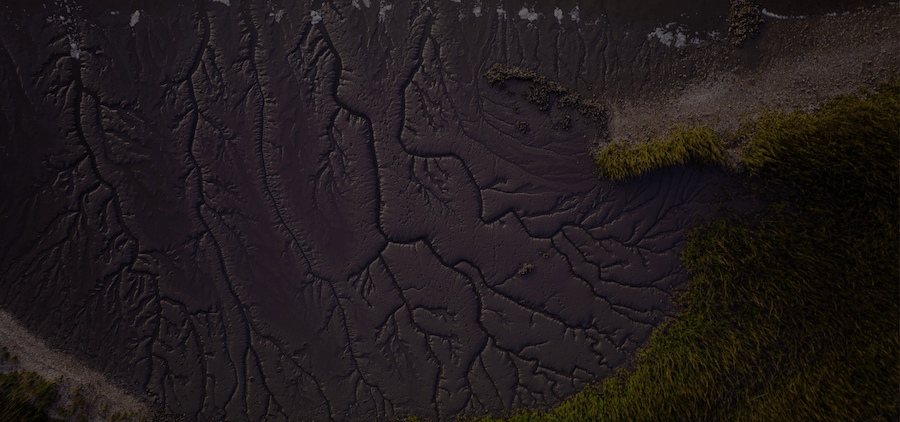
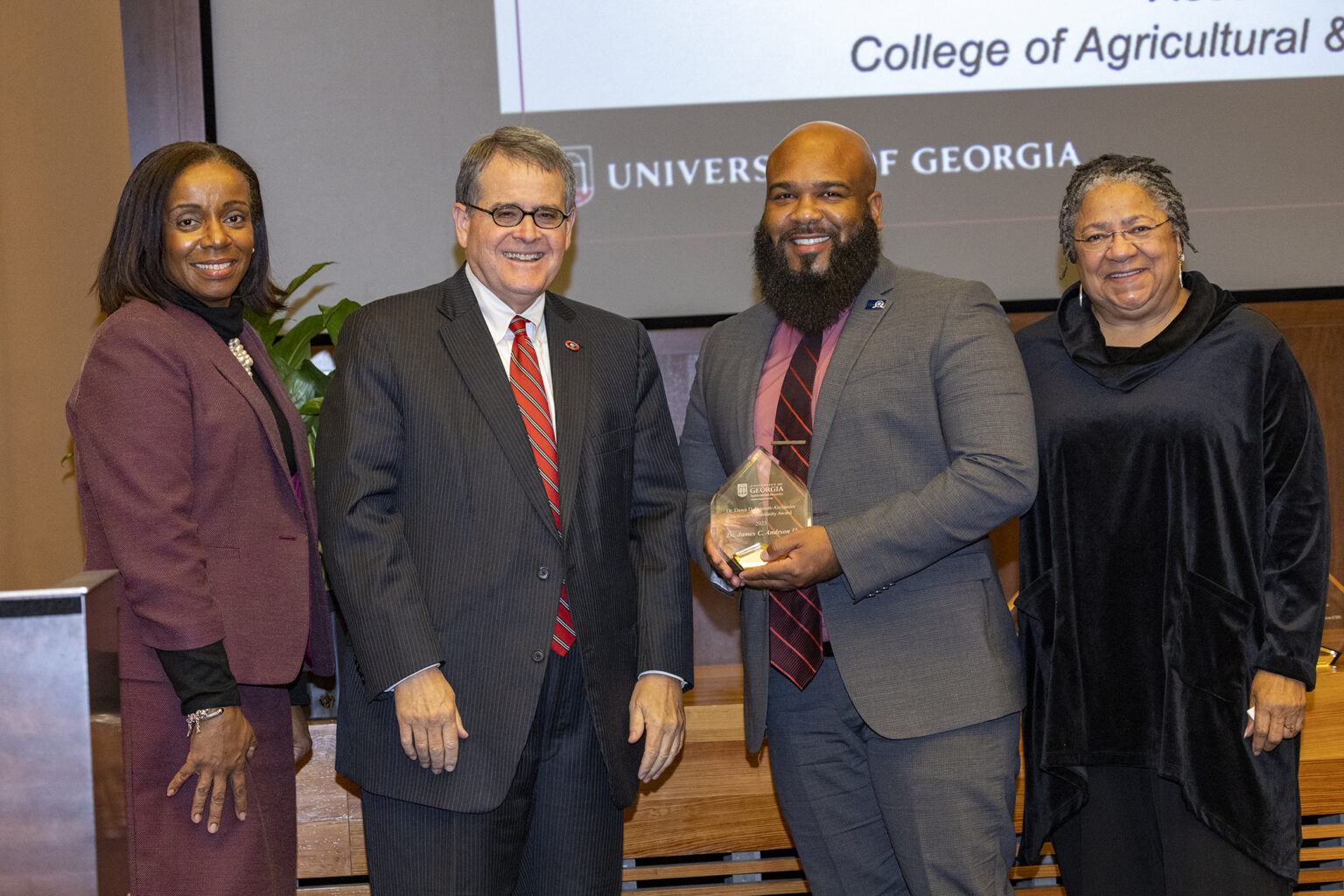

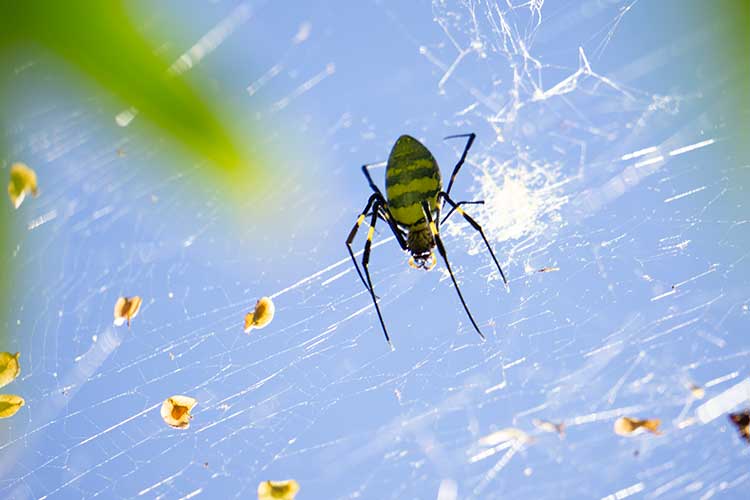
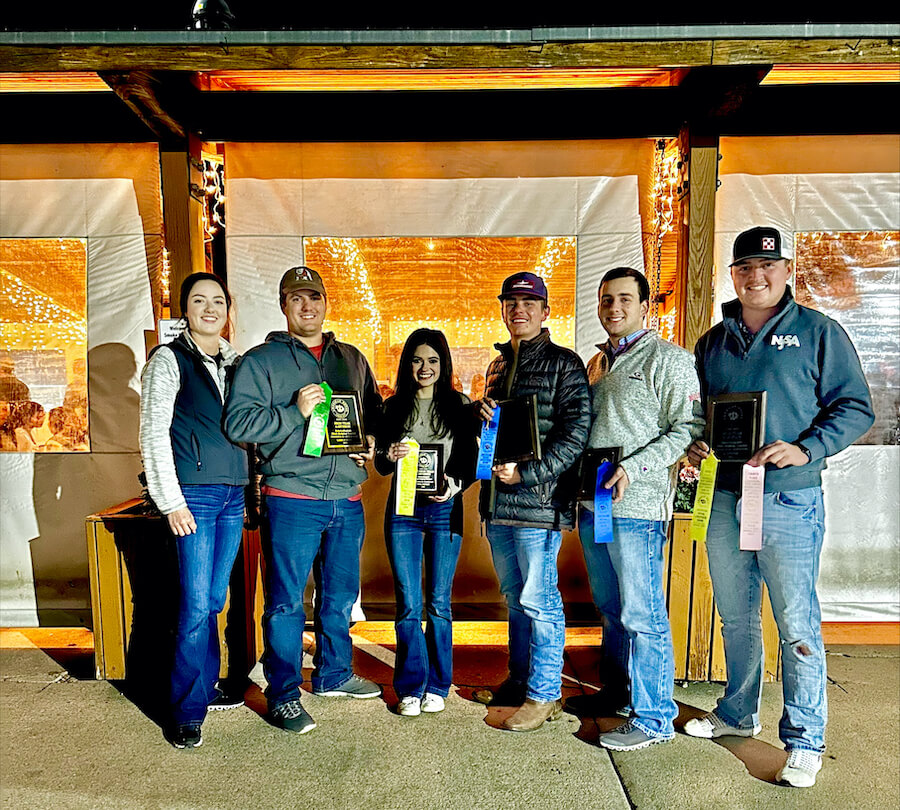
.jpg)
.png)
